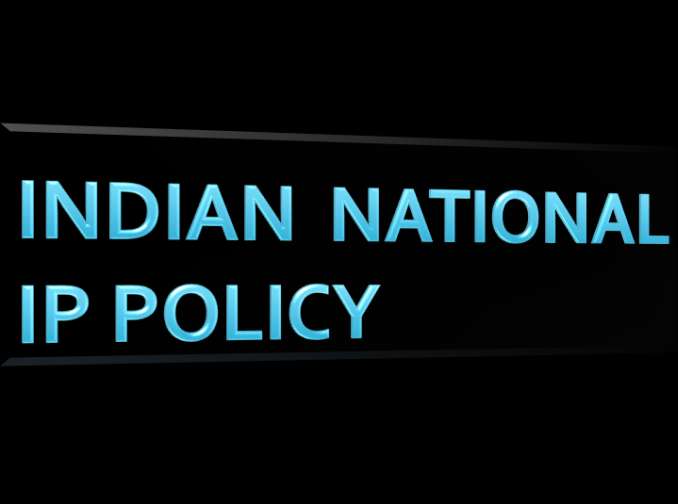On the 13th October, 2015 (Tuesday) the blog ‘Don’t Trade Our lives Away’, posted the alleged final version of India’s first IPR Policy (“the policy” for brevity). However, according to Mr. Amitabh Kant, Secretary DIPP (as reported by LiveMint) the leaked document was only a policy document submitted by the IP Think Tank as an input to the actual policy. The policy will be in place within next 30-45 days. According to Mr. Kant, this policy will be “one of the finest policies in the world”. Also Ms. Nirmala Sitharaman, the Minister for Commerce and Industry on 15th October, 2015 (Thursday) said that the final policy will soon be going to the cabinet for approval and the leaked version is only a draft and not the final policy.
The policy, with the motto of ‘Creative India, Innovative India’, lays emphasis on stricter enforcement of IP laws and the notion that IPR must form an integral part of the overall development policy of the country. But many feel that the main purpose of the policy is to deal with the increasing pressure by the US government and their Pharmaceutical industries.
But as with every policy, there are both positives and negatives to this policy, as evident with the leaked policy document. One of the aspects of this policy that is being criticized is the impact it will have on the generic industries, as one of the key focuses of the policy is going to be stricter enforcement of IP laws. This provision of the policy will allow the pharma giants to obtain injunctions easily thereby impacting the generic industry and thus threatening the affordability of health products. This would also undermine the key TRIPS flexibilities.
In contrast to the above mentioned provision and the related concerns in the policy, in its executive summary it also states “that it will guide and enable all creators and inventors to realise their potential for generating, protecting and utilising intellectual property which would contribute to wealth creation, employment opportunities and business development.” The policy also states that it seeks to avoid the TRIPS plus provisions which are said to be attempts by some of the developed nations to use the IPR enforcement provisions in the bi-lateral trade pacts with India to their advantage.
Thus it is yet to be seen as to what kind of policy will the government come out with and whether it will actually seek to achieve all that was promised in the draft policy and by the DIPP Secretary.
Authored by Ankita Dhar



